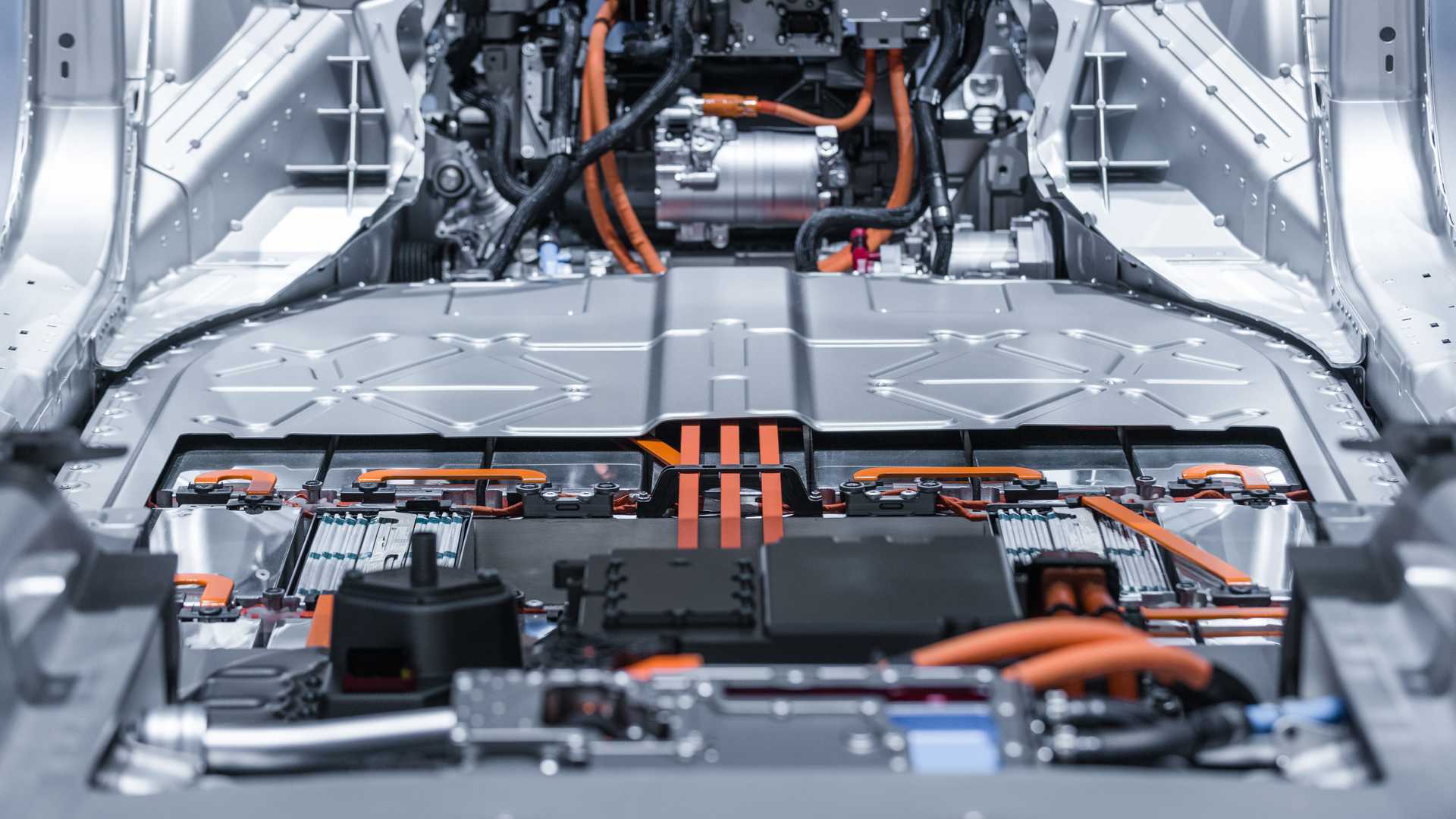
Chinese unicorn Greater Bay Technology, a subsidiary of China’s state-owned Guangzhou Automobile Group (GAC), claims to have the solution for what is arguably one of the biggest drawbacks of EV batteries – loss of range in cold weather.
The company’s Phoenix battery comprises superconducting materials and thermal management, which allow the battery to heat from -4 degrees Fahrenheit to 77F in five minutes, reported Bloomberg. Huang Xiangdong, co-founder and chairman of Great Bay Technology, claimed that the battery operates like normal and charges in under six minutes in all climates.
The start-up has joined the global effort of reducing charging times, improving the driving range and making batteries safer – a movement led by Chinese companies like CATL, BYD, Gotion High Tech and many others.
Greater Bay Technology surpassed a valuation of $1 billion within two years of its founding. It found early success in its first-generation battery cell, which reportedly charges in the same time as it takes for a gas car to refuel. Its battery can gain 124 miles range in just 5 minutes of charging and can go from 0-80 percent state of charge (SoC) in just 8 minutes. It seems to be fitted in the GAC Aion V LX Plus.
Xiangdong also mentioned that the start-up is in talks with other carmakers, who are interested in purchasing its new battery, which can provide a range of 621 miles (1000 kilometers), according to the co-founder.
One study that sampled 7,000 cars indicated that some EVs can lose up to 35 percent range in freezing temperatures. However, the range loss varies for different EVs. Manufacturers like Tesla use heat pumps and features like battery preconditioning to lower the impact of cold weather on the battery and range.
We’re curious to see if the new technology works as advertised, and which other manufacturers would purchase it. Remember that China’s CLTC testing cycle is usually more optimistic than EPA, whose test results appear to be comparatively closer to the real-world driving range. Although the Phoenix battery’s all-weather capability and heat management are aspects certainly worth looking into.
Stay tuned for more updates on battery technology, and leave your thoughts in the comments below. Can charging performance and driving range be completely insulated from weather effects?

